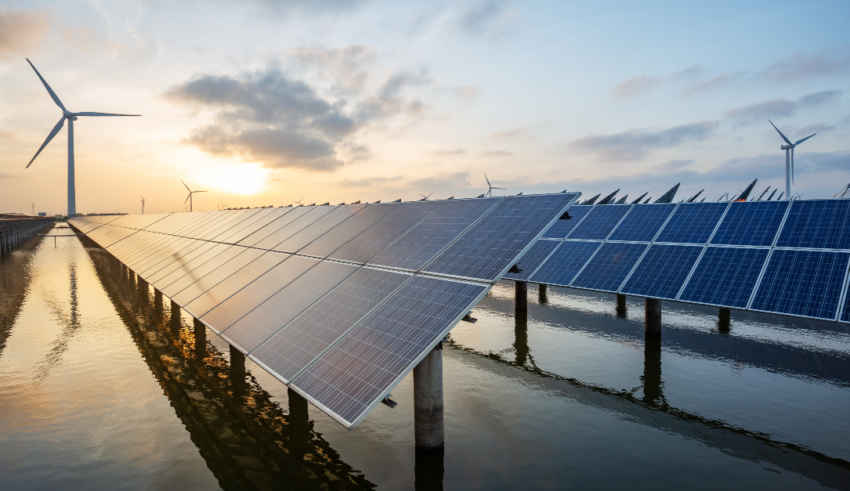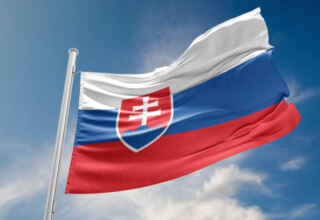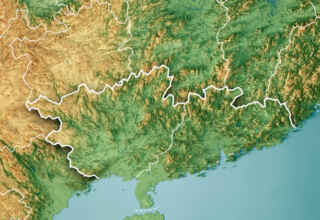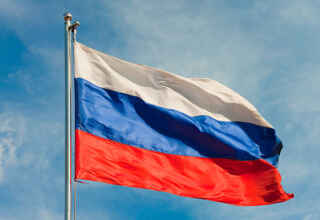
Russia uses its energy supplies consistently and with great strategic calculation to weaken and divide Europe. Such a calculation is not to be found in Europe’s response to this economic war. The EU’s strategy is to impose a complete embargo on oil, electricity, gas and coal from Russia as soon as possible. It is as if Europe is playing chess with moves that are already determined, unable to respond to Russia’s actions. At the same time, this behavior makes it easier for Putin to drive up the price of gas and oil to unimaginable heights, thereby generating very high revenues from energy sales to Europe and, at the same time, dividing the EU states.
On the other hand, Europeans are nervously waiting to see when and how Putin will act next, like the rabbit in front of the snake. In this way, Russia succeeds in building up a high level of pressure via targeted gas supply interruptions against individual actors, which massively influences Europe’s political actions, it’s economy and undermines European cohesion.
Possible strategies
Europe would be way more able to assert its economic and security interests if it were to make strategic use of energy import modalities as a foreign policy tool. For example, one European strategy could be to demand that Russia sell at least half of the gas volumes it agreed to before the war into the energy exchanges at the market price. If it delivers less, it does not get more money (as it currently does) but, on the contrary, suffers a severe loss of revenue. Supplying the demanded volume would reduce political and economic risks in Europe and bring market prices down to an acceptable level. The leverage for enforcing the demand would be both short-term revenue losses and threat of a long-term severance of all pipeline-based energy trade relations between the EU and Russia.
Putin could reject the just mentioned gas import offer from the Europeans and immediately stop all energy deliveries to Europe. However, he would then not only have to forego revenues in the short term, but would also lose his most lucrative energy market in Europe in the long term and place himself in a very disadvantageous economic dependency, especially on China. Putin has so far avoided the associated high economic costs and political risks. If, on the other hand, he intends to stop energy supplies toward the winter, an active European energy strategy would not worsen the situation.
Of course, active strategies would require abandoning the current policy, which ultimately wants to stop all energy imports from Russia without conditions. Instead, the complete embargo envisaged so far is being used as a credible threat potential to enforce a better outcome than the result of the current policy ; being Putin’s record revenues from European energy sales and the shift of current and future Russian raw materials sent China, India and other regions, all at Europe’s expense.
The targeted import ban on Russian energy is the counter-reaction, understandable at first, to Russia’s momentous energy dependence. But with an unconditional import stop, the EU is behaving like a kid that is supposed to clean his room ; and in doing so it just puts all the clothes that were thrown on the floor in the laundry basket to be quicker without sorting the clean ones out. The goal of independence and non-blackmail from Russia is achievable even with long-term Russian energy purchases – namely, if energy trade with Russia is subject to normative frameworks that guarantee energy security, and if the liquefied natural gas (LNG) capacities and other supply channels are sufficiently expanded at the same time. Independence and non-blackmail require supply alternatives, not autonomy through a trade freeze. The option of partially rolling back sanctions may prove helpful or even necessary in future negotiations with Russia.
The need for a common approach
It is sometimes said that, in light of Russia’s war, it is morally reprehensible to ever trade with the current Russian government again. But the moral assessment should not forget that the policy of the quickest possible and then permanent complete embargo misses the most important goal in the context of the war, which is to reduce Putin’s current energy revenues. Immediate cessation of energy imports is a possible alternative that would at least effectively reduce European payments to Russia. However, a strategic trade policy that keeps open the possibility of energy imports in reduced quantities in the future has advantages. It leads to declining revenues for Russia and at least includes the chance that Europe will also be able to import Russian gas in the medium term, thereby retaining a certain pressure potential regarding Russia.
Given the great uncertainties, one can disagree on what the right energy strategy is. But the problem is not that there are different opinions. The problem is that, although the EU member states have jointly adopted several sanctions packages against Russia, they tend to focus on national and sector-specific trade-offs in an uncoordinated manner, especially in the energy sector. This limits the EU’s strategic ability to act. Europe’s wait-and-see approach and lack of a discernible strategy for gas procurement and conservation is a reflection of Europe’s lack of capacity to act. Putin’s strategy is a reaction of the resulting vulnerabilities. Europe should take the reins of action back into its own hands. This presupposes that EU states are willing to put national interests aside in the energy sector and act together.
References
https://www.researchgate.net/publication/333826106_A_Critique_to_EUs_Lack_of_Strategy_towards_Russia
By The European Institute for International Law and International Relations.












